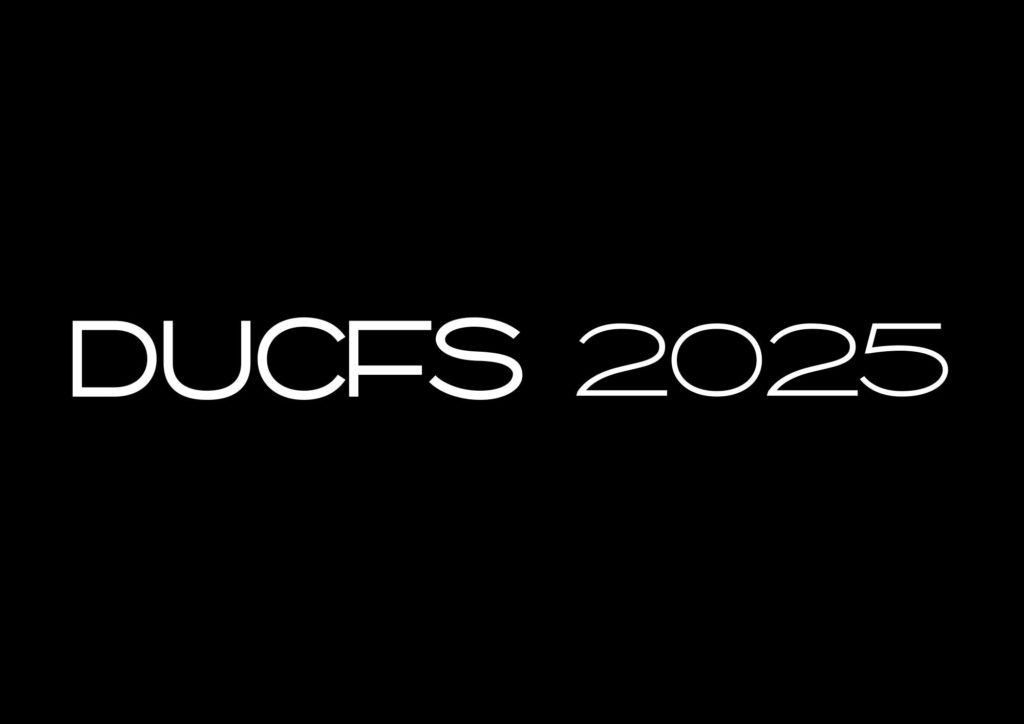On the 24th of April 2013, a garment factory in the Dhaka District of Bangladesh collapsed. The structure had been built poorly, and in several places, without a permit. The eight storey building had long been breaching health and safety regulations, riddled with fissures and cracks in its foundations. Despite the unsafe environment, women and young children were forced to come to work. As these individuals sat at their sewing machines,churning out clothes for the world’s most worn labels, the building began to shake. In less than ninety seconds, 1,134 people had lost their lives, with thousands more trapped under the rubble.
These ninety seconds have since inspired nine years of active change. The tragedy garnered global attention and quickly shattered the fashion industry’s long held illusion of glamour. The ugly, sickening truth beneath it became exposed, a lesson to billions of consumers. Following the collapse of Rana Plaza, Fashion Revolution was formed. The non-profit organisation has since become a global movement, and is instrumental in fostering a greater awareness of what goes on in the fashion industry. Through the means of regular film screenings, panel discussions, lectures, workshops, open studios and social media campaigns, Fashion Revolution has encouraged both brands and consumers alike to reevaluate their attitudes towards producing and purchasing clothing. Now, it has been made impossible to create and consume mindlessly, and we can no longer turn a blind eye to the origins of the items we wear.
Every year, Fashion Revolution focuses on different issues in the fashion industry, striving to spark conversation and inspire change. A spokesperson for the organisation commented that they believe “we need a radical shift in our relationships—our relationships with each other, with our clothes, within fashion supply chains, and with the natural world. We need this revolution for our own prosperity and wellbeing, and for the health of our earth and our oceans. And it’s already starting to happen.” Indeed, in recent years it has become increasingly apparent that there has been a significant shift in retailer mentality. Finally, brands are leaving behind their priorities of production quotas and income in favour of the introduction of more safe, fair and transparent practices.
This year, the charity’s mission has become evermore pertinent, reminding us why we must keep watching this industry through such a scrutinising lens. Since the outbreak of COVID-19, its impact on the world of fashion has been monumental. For the first time in history, production has ground to a halt, with millions of factories and stores locked down. This unprecedented situation has disrupted the apparel industry beyond belief. That said, could there be a silver lining? Fashion Revolution claims there is.
The pandemic has prompted each and every one of us to take time to reflect on what truly matters to us. It is no different with the fashion industry. Fashion Revolution has centred much of this year’s campaign around COVID-19 and is encouraging retailers to reevaluate their brands’ relationship with factories and fabrics. It is time for both brands and consumers to open their eyes and see anew, and to reassess their values. Although the spread of coronavirus has massively compromised many companies, perhaps it is an opportunity for them to move away from harmful practices in lieu of those that are more green and circular.
Fashion Revolution has spearheaded several campaigns to help the fashion industry make this move toward more sustainable and revolutionary thinking. One particularly influential movement that the charity has pioneered is the #WhoMadeMyClothes hashtag. The organisation has encouraged consumers to actively engage with the fashion brands they buy from. The premise of the movement is that people post photos of their outfits on their social media accounts, tagging the brands they are wearing with the hashtags ‘#WhoMadeMyClothes’ and ‘#WhatsInMyClothes’. This has prompted brands to disclose more honestly where they source their materials from, and how they are processed. More than 2400 companies have taken part in proactively responding to these posts, which have now been interacted with more than a billion times. This campaign emphasises that any individual can have an impact, from anywhere in the world.
COVID-19 has long been making the future of the fashion industry seem foggy and uncertain, but now, hope is on the horizon. The hope that this devastating event will provoke people into acting with a greater degree of awareness and global consciousness. Perhaps, a parallel might be drawn between the tragic collapse of Rana Plaza and the pandemic that the world is currently battling with. These events are shocking and damaging, but hold the potential to unlock new and improved beginnings. Indeed, this is the message that Fashion Revolution seeks to promote in this year’s campaign.

